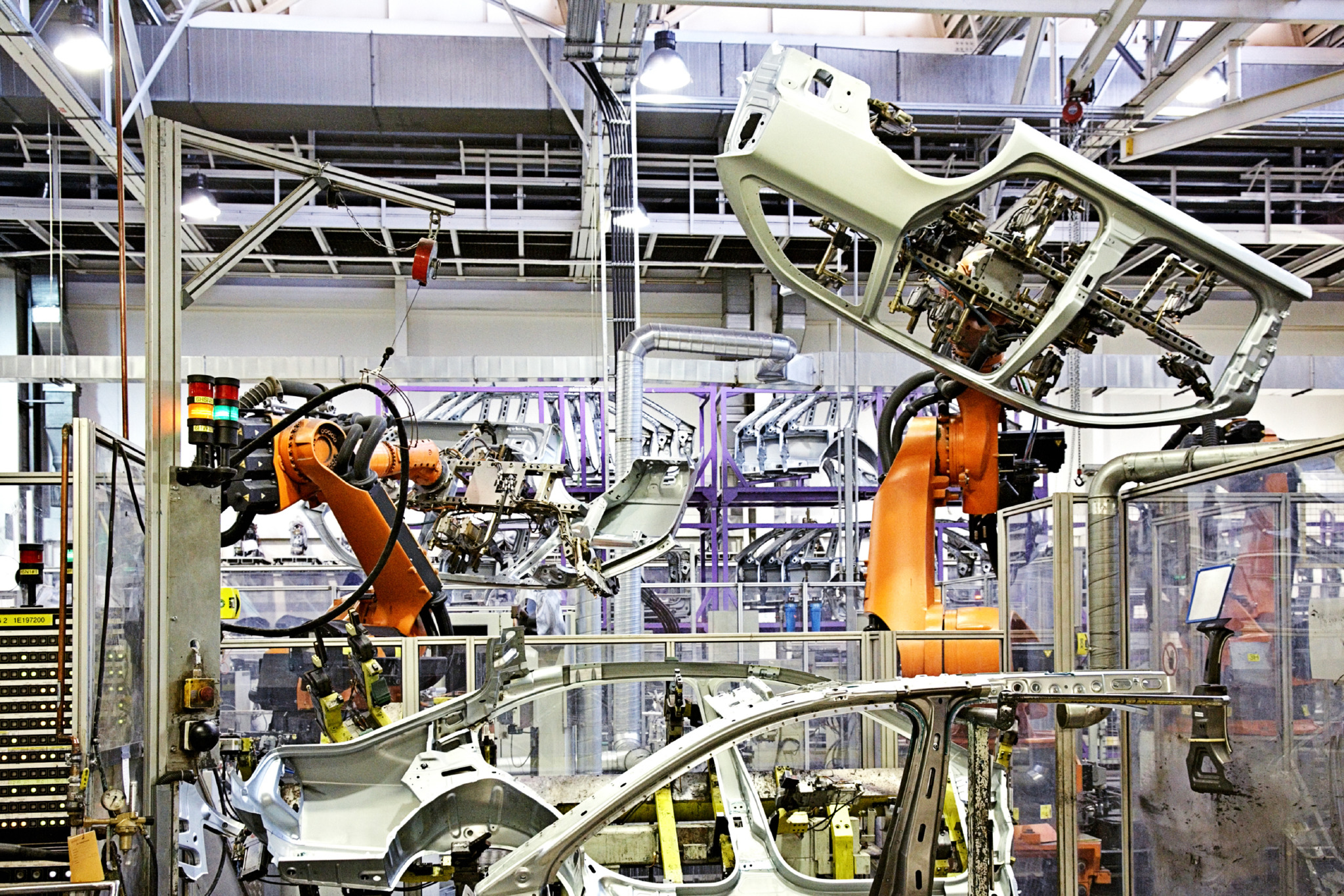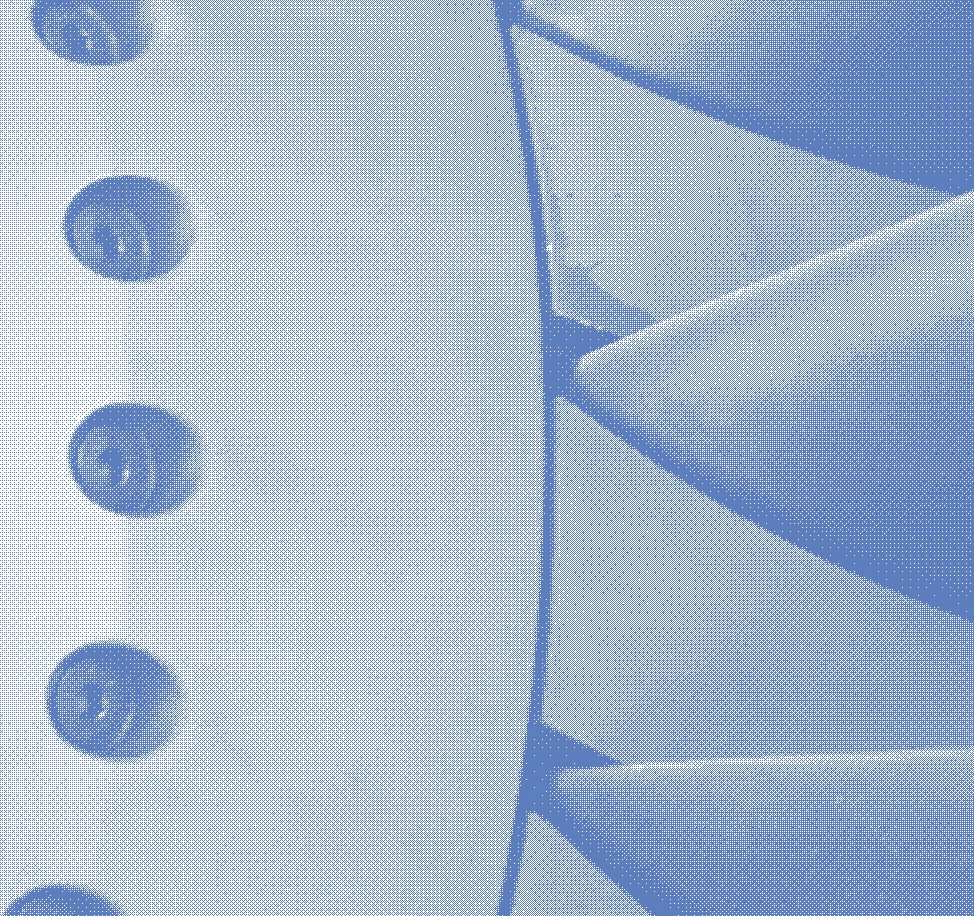
PhD Studentship
Predicting alloy microstructures using physics-driven machine learning
PhD in Predicting alloy microstructures using physics-driven machine learning
Supervisors: Dr João Quinta da Fonseca and Dr Pratheek Shanthraj
Based at: The University of Manchester
Stipend: Current UKRI stipend, for UK and eligible EU students
Open to: Candidates with a strong degree in Applied Maths, Physics, Mechanical Engineering or Materials Science
How to apply:
For further details of how to apply: In the first instance please email Dr João Quinta da Fonseca
Email address: Joao.Fonseca@manchester.ac.uk
Titanium based alloys are key materials in aerospace. They are used in jet engines, in both rotative parts and supporting structures and in airframes, where they are chosen for their superior compatibility with carbon fibre composites.
The titanium alloys used in aerospace are themselves a kind of multi-scale composite, containing two or more phases in complex micro-structures that are optimized by hot working, like forging and rolling. During these processes, the material undergoes several cycles of deformation, recrystallization and phase transformation, often occurring at the same time. This makes for a very complex microstructure evolution that is difficult to control.
In this project, you will use machine learning to extend physically-based models of microstructure evolution in aerospace titanium alloys. Using statistical modelling software, you will combine results form multi-physics models with large experimental datasets of microstructure evolution, to create an effective and computationally efficient tool of microstructure prediction. These new models could then be used in process optimization and control and to guide the development of new alloys or forming routes.
This project suit candidates interested in computational modelling, data science, and its application to materials science. Although a background in engineering and or materials science is beneficial, it is not essential. Curious physicists and applied mathematicians willing to learn materials science and metallurgy would also make excellent candidates.
The project will be based at Manchester in the metallurgy and corrosion group, but will contribute to a larger research project in collaboration with the universities of Sheffield and Strathclyde, the Allan Turing Institute, and with aerospace and forging companies. Therefore, the project provides ample opportunity for developing professional networks beyond Manchester and academia.
At the University of Manchester, we pride ourselves on our commitment to fairness, inclusion and respect in everything we do. We welcome applications from people of all backgrounds and identities, and encourage you to bring your whole self to work and study. We will ensure that your application is given full consideration without regard to your race, religion, gender, gender identity or expression, sexual orientation, nationality, disability, age, marital or pregnancy status, or socio-economic background. All PhD places will be awarded on the basis of merit.
Please contact Prof. João Fonseca for more details: joao.fonseca@manchester.ac.uk



